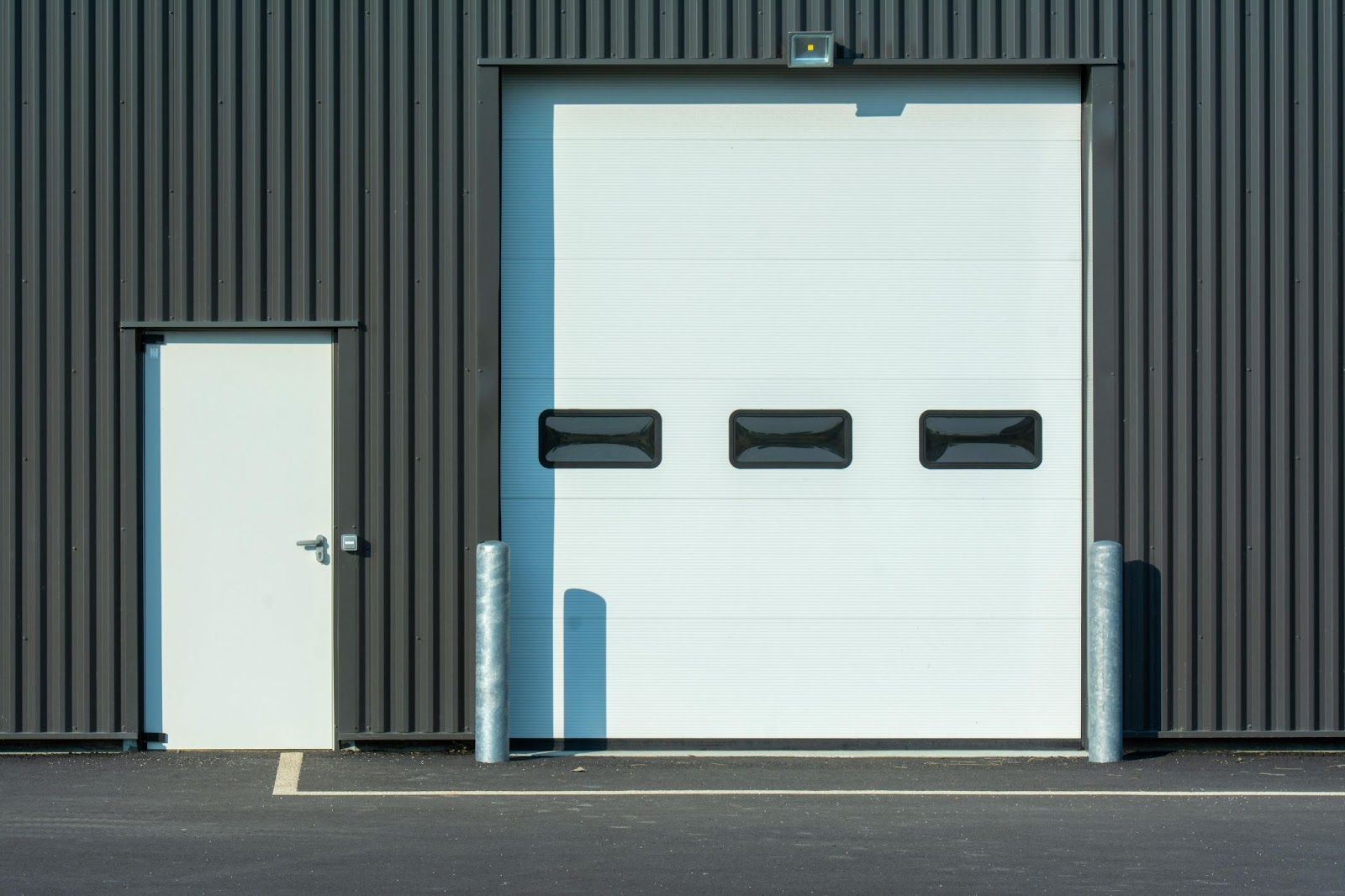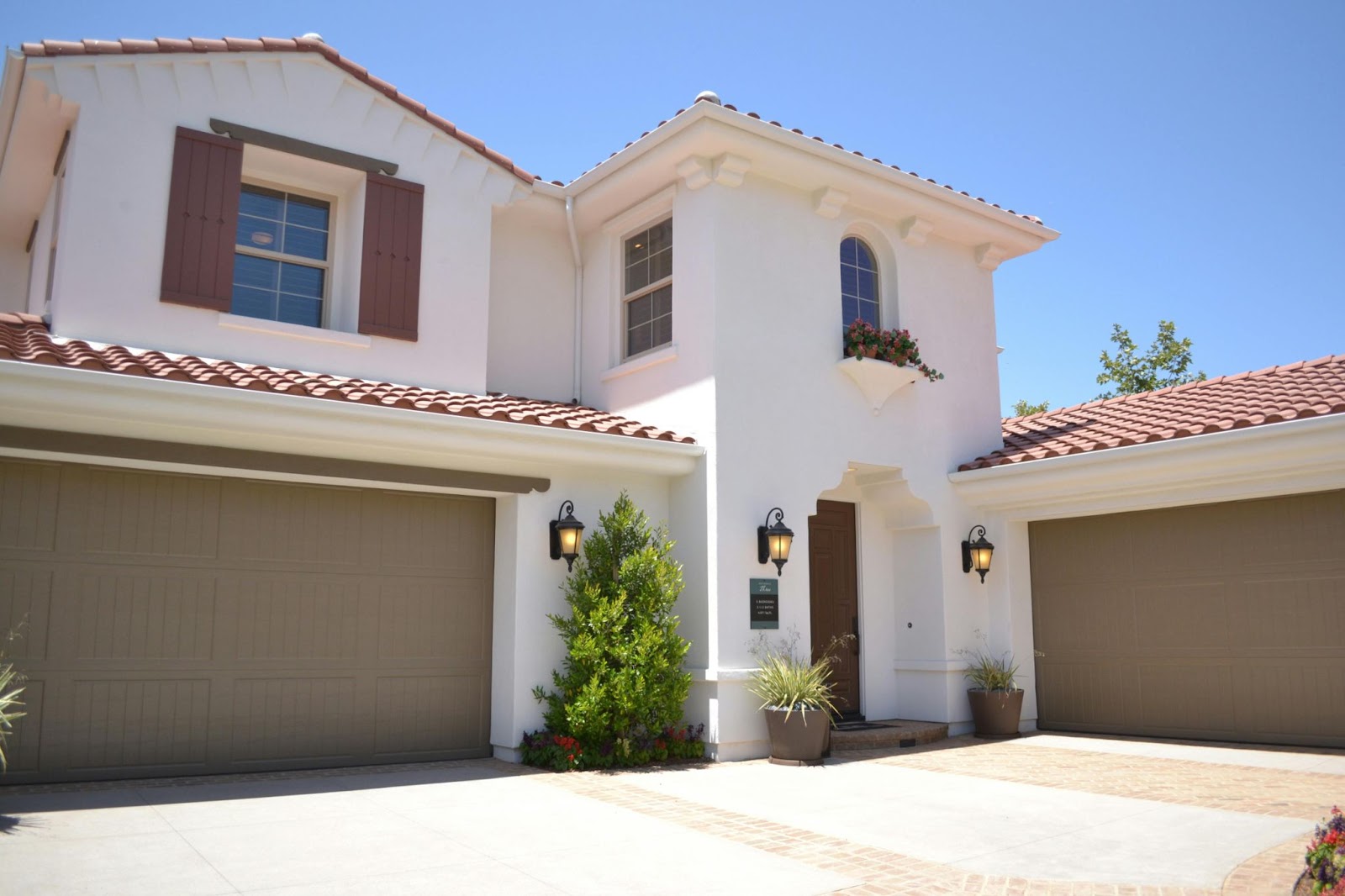 Garage Door Replacement Costs: Factors, Materials and Savings
Garage Door Replacement Costs: Factors, Materials and Savings
How Much to Replace a Garage Door
Different materials and designs significantly impact the cost of replacing a garage door. Common materials include steel, wood, aluminum, and fiberglass. Material choice plays a vital role in determining both the aesthetic appeal and durability of the door. For instance, a basic steel door is usually more affordable than a custom-designed wood door, which tends to be pricier due to the craftsmanship involved. When considering design options, intricate designs or unique finishes may also add to the overall cost.
How Much to Replace a Garage Door? The size of the garage door is a key factor influencing replacement costs. Larger doors require more materials for construction, resulting in higher costs compared to smaller doors. Standard single doors are more economical to replace than double doors, which are wider and use more materials. Additionally, custom-sized doors will generally be more expensive than standard sizes due to the need for tailored manufacturing.
Garage door replacement costs can also be influenced by the inclusion of insulation and security features. Insulation helps regulate the temperature inside the garage, making it more energy-efficient and providing better protection for items stored inside. Doors with added insulation typically come at a higher price point than non-insulated ones. Security features such as upgraded locking mechanisms, smart technology integration, and reinforced construction can enhance the overall cost but offer increased security and peace of mind.
 Types of Garage Doors and Their Cost
Types of Garage Doors and Their Cost
In determining the cost of garage door replacement, various factors come into play, such as the type of garage door chosen. The type of garage door not only impacts the overall look but also influences the final price tag attached to the replacement project. Here’s a breakdown of different types of garage doors and their corresponding costs to help readers make well-informed decisions.
Single vs. Double Garage Doors
- Single Garage Doors: These are typically more budget-friendly than double garage doors due to requiring fewer materials for construction. A single garage door replacement can range from $800 to $1500, depending on factors like material, design, and insulation.
- Double Garage Doors: Double garage doors, designed to accommodate two vehicles, are larger and, therefore, pricier to replace compared to single garage doors. The cost of a double garage door replacement averages between $1500 and $3000, with high-end custom options reaching even higher price points.
Roll-Up vs. Sectional Doors
- Roll-Up Doors: Roll-up garage doors are known for their space-saving design, rolling up vertically into a coil above the opening. Their cost varies between $1000 and $2500, mainly influenced by material quality and insulation features.
- Sectional Doors: Sectional garage doors, constructed from horizontal panels that slide up to open, offer a traditional aesthetic. The cost of replacing a sectional garage door typically falls in the range of $1200 to $2500, depending on the material and design specifics.
Custom Garage Doors
How Much to Replace a Garage Door? Custom garage doors provide homeowners with the opportunity to tailor the door’s aesthetics to their preferences, enhancing the curb appeal of the property. The cost of custom garage door replacement can start from $2000 and go significantly higher based on the complexity of design, materials used, and any additional features incorporated into the door.
 Installation Costs and Considerations
Installation Costs and Considerations
When considering the installation of a new garage door, individuals may contemplate hiring a professional or opting for a do-it-yourself approach. While a DIY installation can save on labor costs, it requires a certain level of skill and expertise. On the other hand, professional installation ensures precise fitting, proper functioning, and potentially reduces the risk of errors that could lead to costly repairs down the line.
Beyond the cost of the garage door itself, there are additional requirements and labor expenses to consider during installation. These may include hardware such as tracks, springs, and openers, as well as the need for disposal of the old door. Labor costs can vary based on the complexity of the installation, additional features like insulation or automation, and potential structural modifications. It’s essential to factor in these supplementary expenses to accurately estimate the total cost of replacing a garage door.